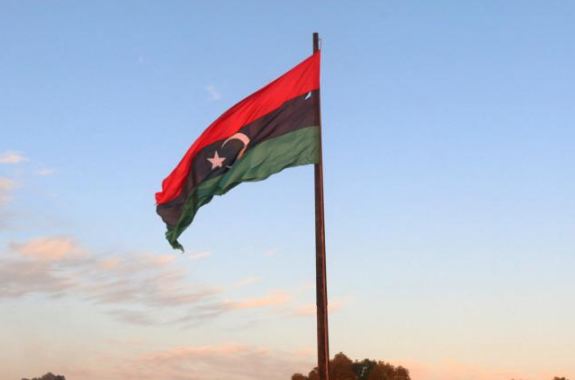
Libya’s supreme court rules against legal challenges to draft constitution

Libya’s Supreme Court on Wednesday blocked legal challenges from lower courts to a draft constitution, paving the way for a referendum on the document which is hoped will ultimately lead to an election.
Establishing a constitutional framework is widely regarded as a key step towards the stabilization of the North African country which has endured 8 years of conflict.
Libya descended into chaos in 2011 following the ouster and killing of former leader Muammar Gaddafi by NATO backed forces.
Gaddafi’s death created a power vacuum in the oil-rich country, with different factions of militant groups sprouting to fill that void.
Two main groups rose to rule different parts of the country, one based in Tobruk while the other gained control of Tripoli.
Members of a Constitutional Drafting Assembly (CDA) had voted last summer in favor of a draft constitution, but an administrative court in the eastern city of Bayda had ruled that the vote was invalid.
The supreme court effectively quashed the Bayda decision by declaring that administrative courts do not have the jurisdiction to rule on matters relating to the CDA, said Omar Naas, a CDA member.
The draft constitution could still face hurdles, including challenges in the supreme court, turnout or approval requirements.
Some of Libya’s minorities have also said they were excluded from a lengthy and sometimes acrimonious drafting process.
The United Nations last month endorsed a plan to have Libya hold its elections before the end of the year.






